THIS ARTICLE/PRESS RELEASE IS PAID FOR AND PRESENTED BY Oslo Metropolitan University - read more
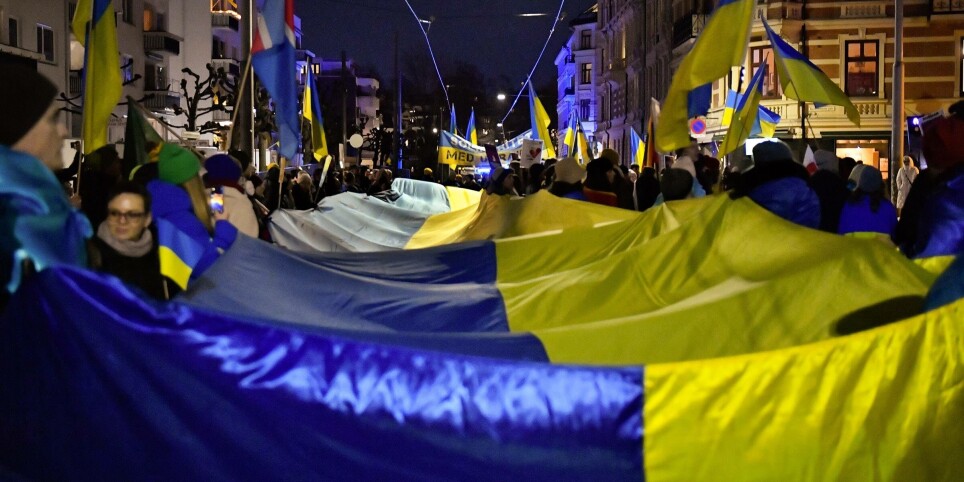
Seven in ten Norwegians say the war in Ukraine has destroyed Norwegian-Russian relations for generations to come
Results from a new survey reveal strong support for Norway’s Russia policies and broad support for Ukraine.
People in Northern and Southern Norway agree: Over 70 per cent believe the war in Ukraine has destroyed our relationship with Russia for generations to come.
This is revealed in a new survey from the Norwegian Institute for Urban and Regional Research (NIBR) at OsloMet.
Researchers Aadne Aasland and Marthe H. Myhre, who are behind the survey, also show that there are almost no differences to be found between the attitudes of northerners and southerners in Norway towards Russia.
Surprised by the results
- Seven in ten Norwegians believe that Russia's full-scale invasion of Ukraine a year ago will damage our relations with Russia for generations to come.
- 85 per cent in the south and 84 per cent in the north believe it is important for Norway to have a good relationship with Russia.
- More than 70 per cent in both the south and the north believe that Norway should carry on supporting people-to-people collaboration with Russians.
The survey is part of a large research project on cooperation between Norwegian and Russian actors named RE:Barents. The results were newly presented at the Kirkenes Conference.
Both the researchers and the audience were surprised.
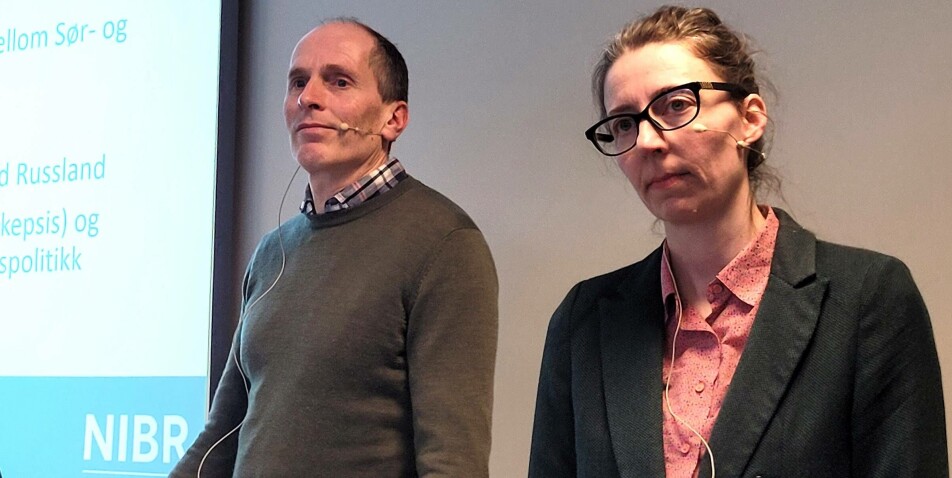
Are those in Northern Norway naive?
Part of the backdrop for the reaction is a debate about ‘naive northerners’ that flared up, not for the first time, around the anniversary of Russia's full-scale invasion of Ukraine.
“It has been taken a bit for granted that people in Northern Norway have a more sympathetic, positive and almost naive attitude towards Russia. I was surprised that we didn't find bigger differences," Aasland says.
The researchers maintain that this survey goes a long way toward debunking this myth.
“If it is naive to wish for a good neighbourly relationship, the entire Norwegian population largely shares that naiveté,” Myhre notes.
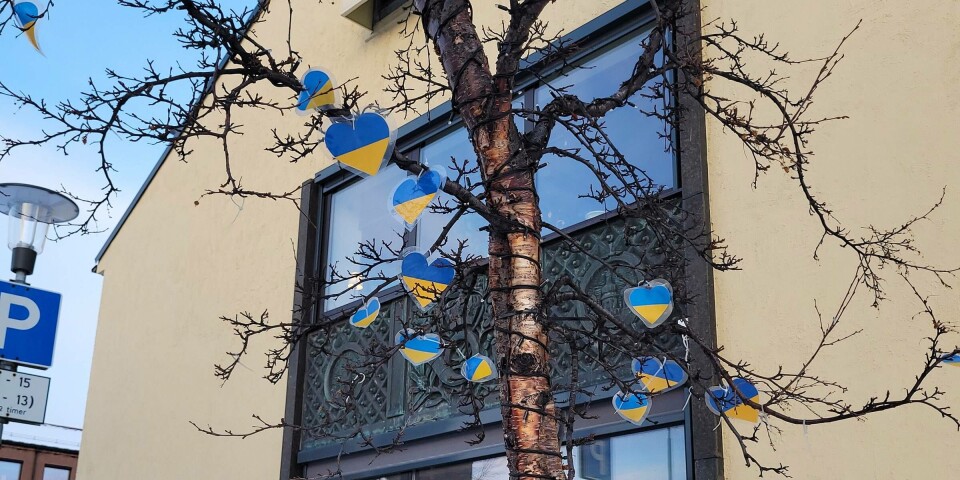
Strong support for sanctions
The main tendency throughout the country is the same: Most Norwegians want a good neighbourly relationship with Russia, but are very critical of the Russian regime and the current state of politics.
The survey was presented on the same day that Norway announced it is joining the 10th European Union sanctions package against Russia.
The latest package contains new trade restrictions on technology and other materials designed for both civilian and military use. It also consists of measures against individuals or entities that support the war, whether by spreading propaganda or supplying drones Russia is using in its ongoing war against Ukraine.
“People in Northern Norway may have a different relationship with Russia than people in the rest of the country. But that does not translate into different attitudes toward either Russia the country or the Russian people,” Aasland says. “Most Norwegians support the current Norwegian policy toward Russia.”
The survey data clearly demonstrates this point. Only six per cent in Northern Norway and seven per cent in Southern Norway think Norway should lift all sanctions against Russia.
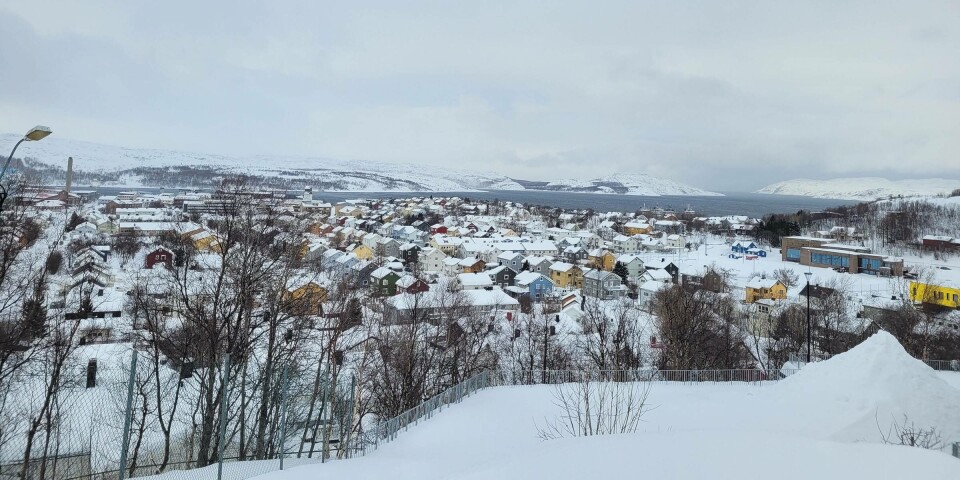
More favorable views of Russia closer to the border?
Kirkenes is Western Europe's easternmost border with Russia. Storskog, Norway's only border crossing with Russia, is located only a fifteen minute drive away.
Kirkenes has a significant Russian-speaking minority, and the citizens have traditionally had extensive contact with people and institutions across the border.
Given the proximity of Kirkenes and the surrounding region, known as Eastern Finnmark, to neighbouring Russia, the researchers wanted to investigate whether people there differ in their attitudes toward their neighbour as compared both to Northern Norwegians and Norwegians at large.
With this in mind, the researchers looked especially closely at the responses given by Norwegians who call this border region home.
They found that respondents in the region do hold somewhat different views of Russia:
- 15 per cent in Eastern Finnmark believe Norway should lift all sanctions against Russia, compared to 6 per cent in Northern Norway.
- 20 per cent in Eastern Finnmark believe Norway must stop sending weapons to Ukraine, compared to 13 per cent in Northern Norway.
- 93 per cent in Eastern Finnmark believe it is important for Norway to have a good neighbourly relationship with Russia, compared to 84 per cent in Northern Norway.
Many had a personal connection to Russia
However, when the researchers controlled for whether people had a personal connection to Russia, the differences disappeared.
“After controlling for whether respondents had a personal connection to Russia, the results were generally quite similar to the rest of the country. It's just that there are more people living in Eastern Finnmark who have a stronger connection to Russia. By stronger connection, we mean that they may have visited the country a number of times or have family there, just to name two examples,” Aasland says.
In 2015, after Russia's annexation of Crimea, the then Minister of Defense Ine Eriksen Søreide said in an interview with CNN that the relationship with Russia has fundamentally changed.
At the time, the statement attracted a number of critical comments, particularly in the North. After the invasion, this view appears to be shared by a solid nationwide majority. At the same time, our survey shows a pragmatic understanding that our neighbour to the east is not going to disappear any time soon, the two researchers concluded.
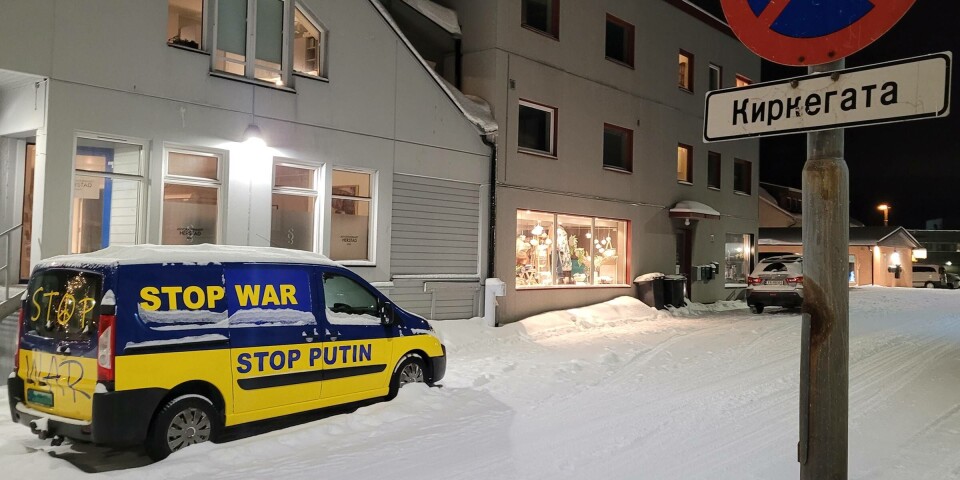

This article/press release is paid for and presented by OsloMet
This content is created by Oslo Metropolitan University's communication staff, who use this platform to communicate science and share results from research with the public. Oslo Metropolitan University is one of more than 80 owners of ScienceNorway.no. Read more here.
See more content from OsloMet:
-
Ukrainian refugees need jobs. So why aren’t more of them being hired?
-
The mural in Oslo City Hall conceals a dramatic story – about the artist’s own life
-
Mental health problems are widespread among Ukrainian refugees
-
Only 1 in 10 Ukrainians want to return
-
How class divisions are maintained in Norway
-
Many adolescents think they're not interested in politics – until a teacher gets them to reflect on their own lives





































